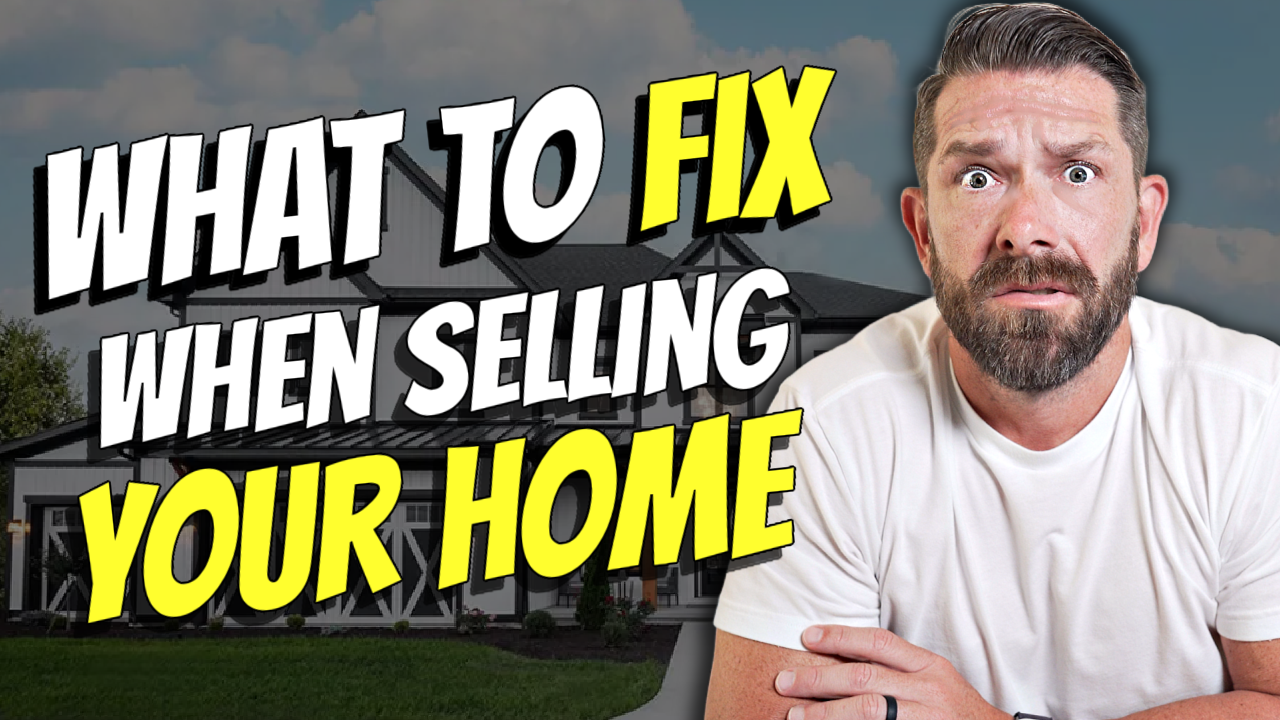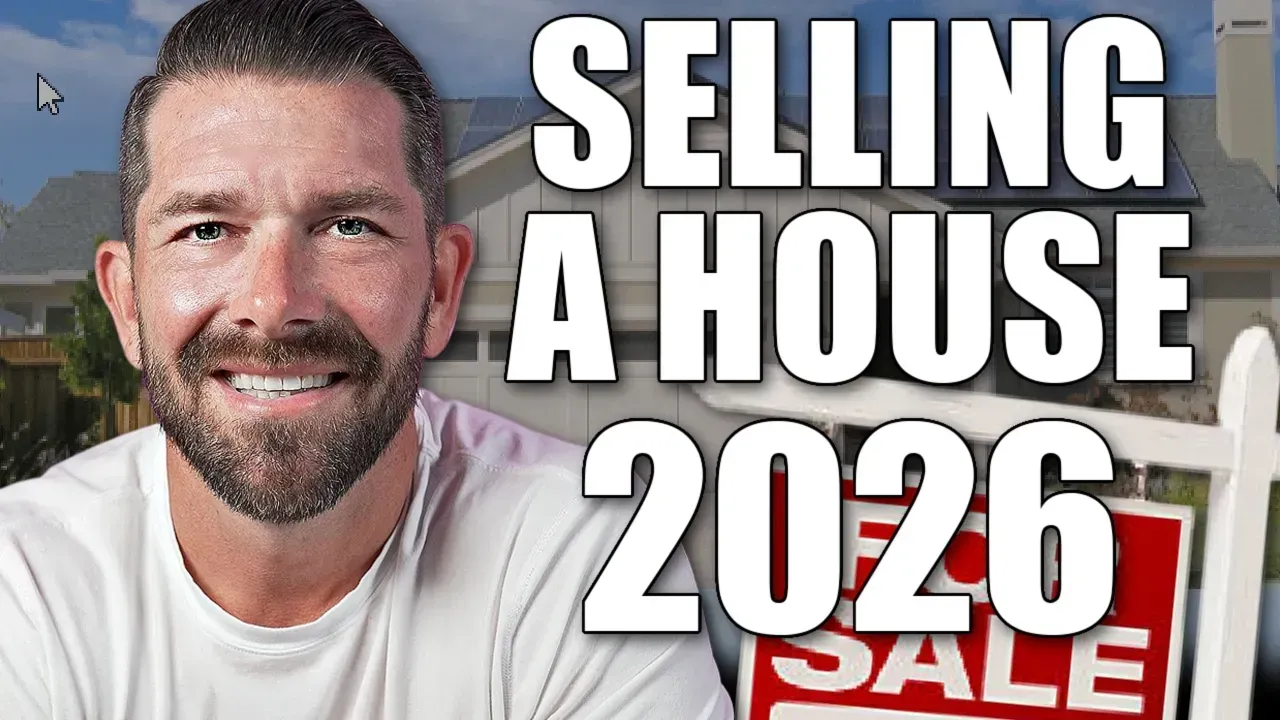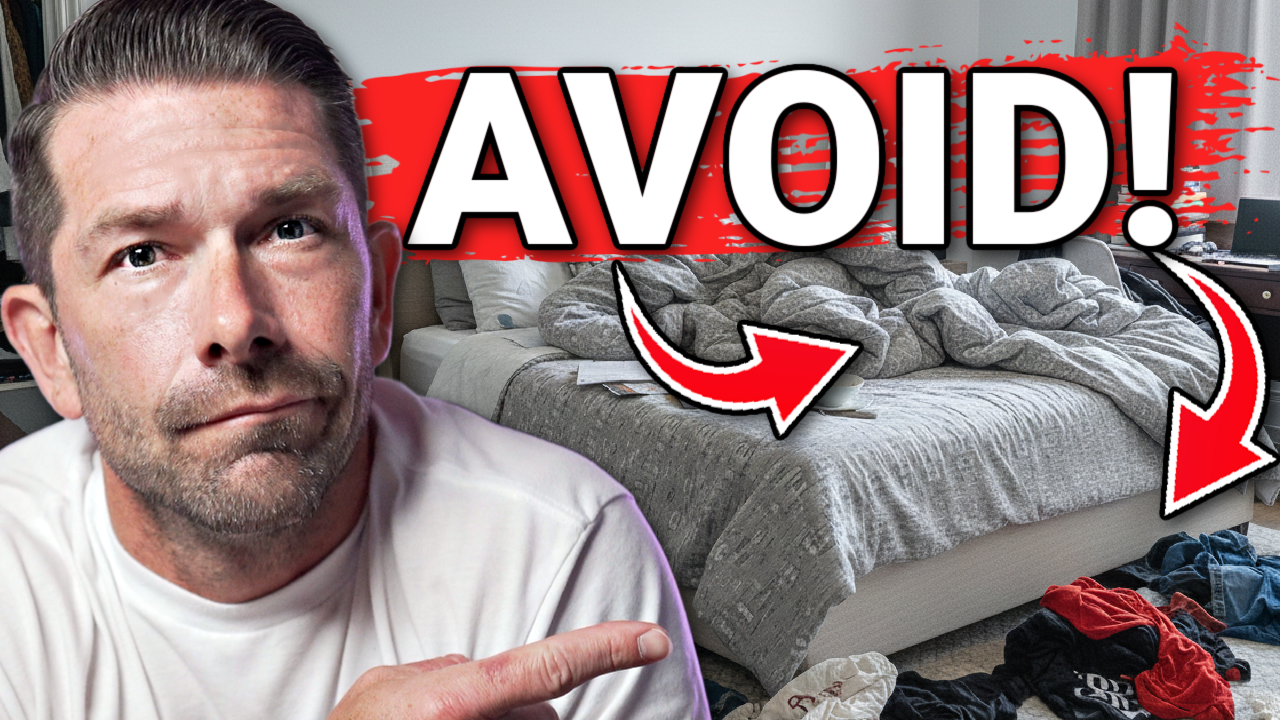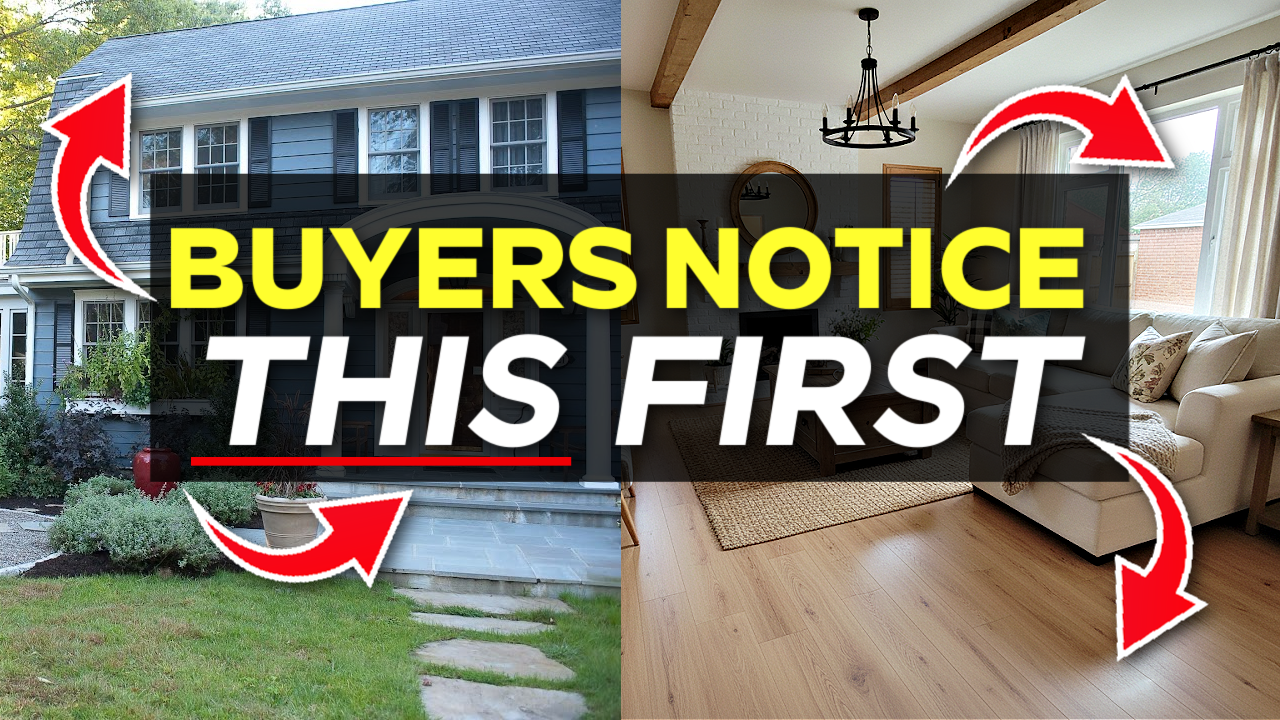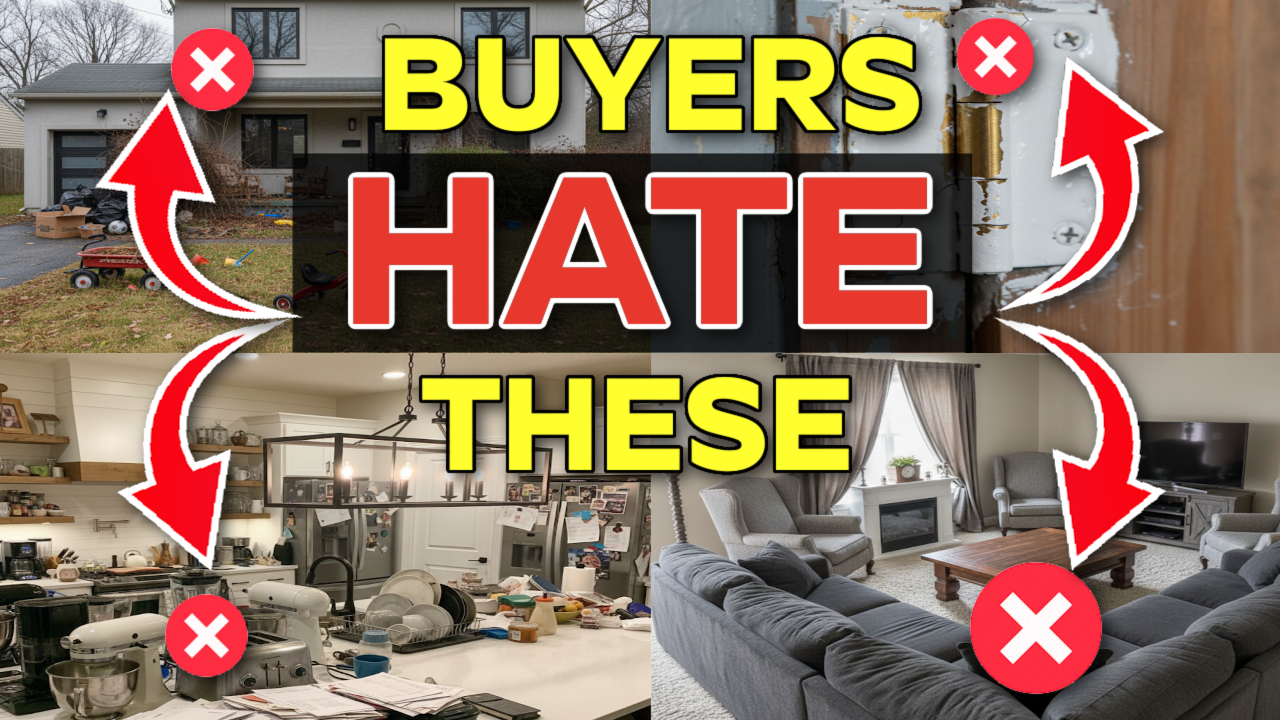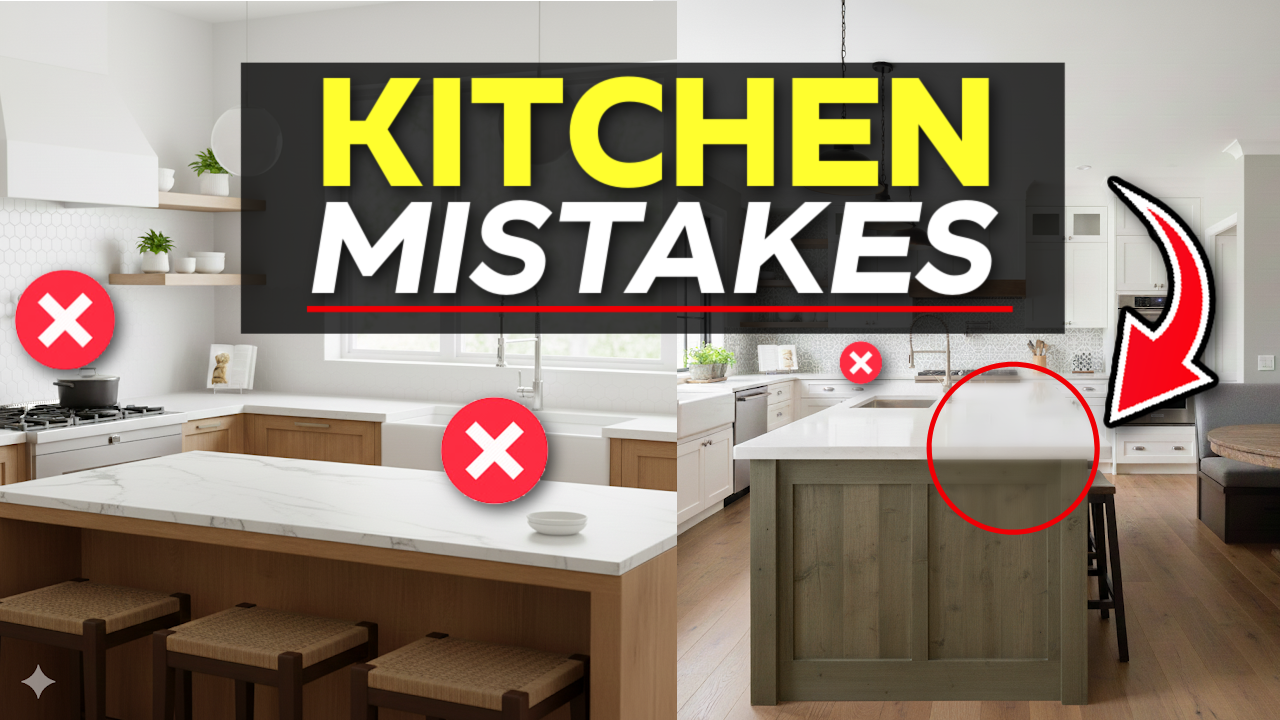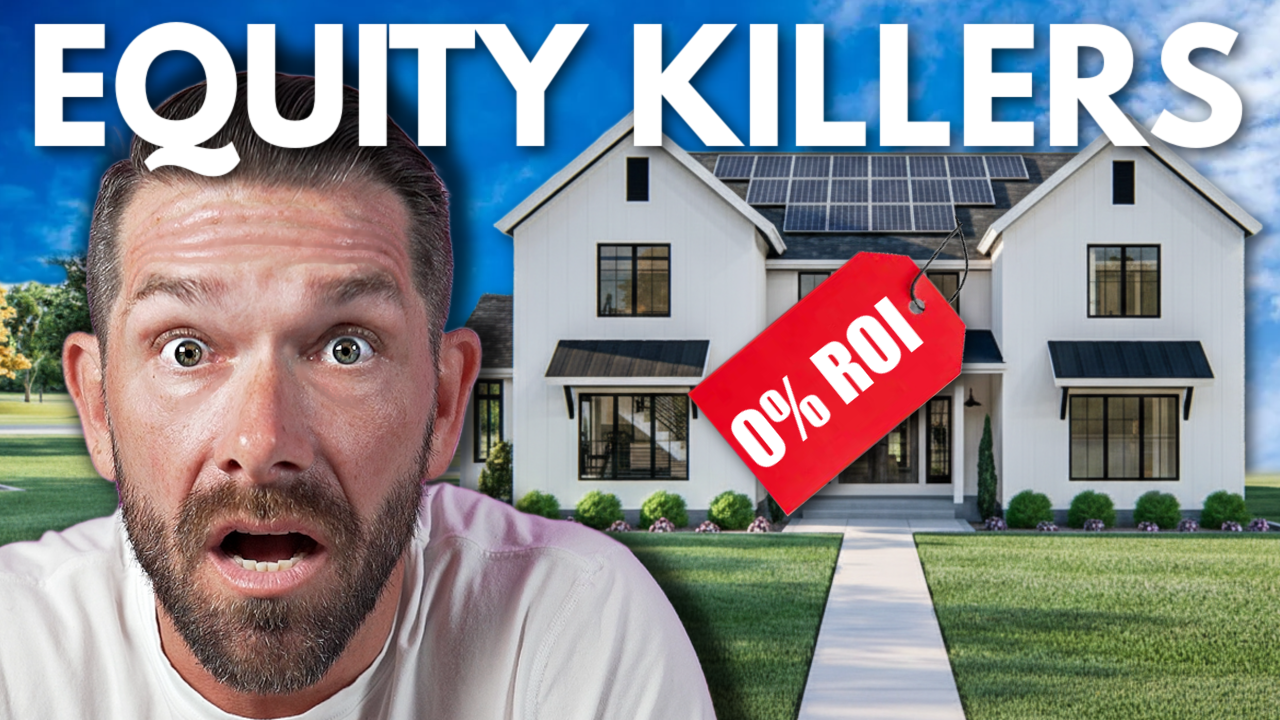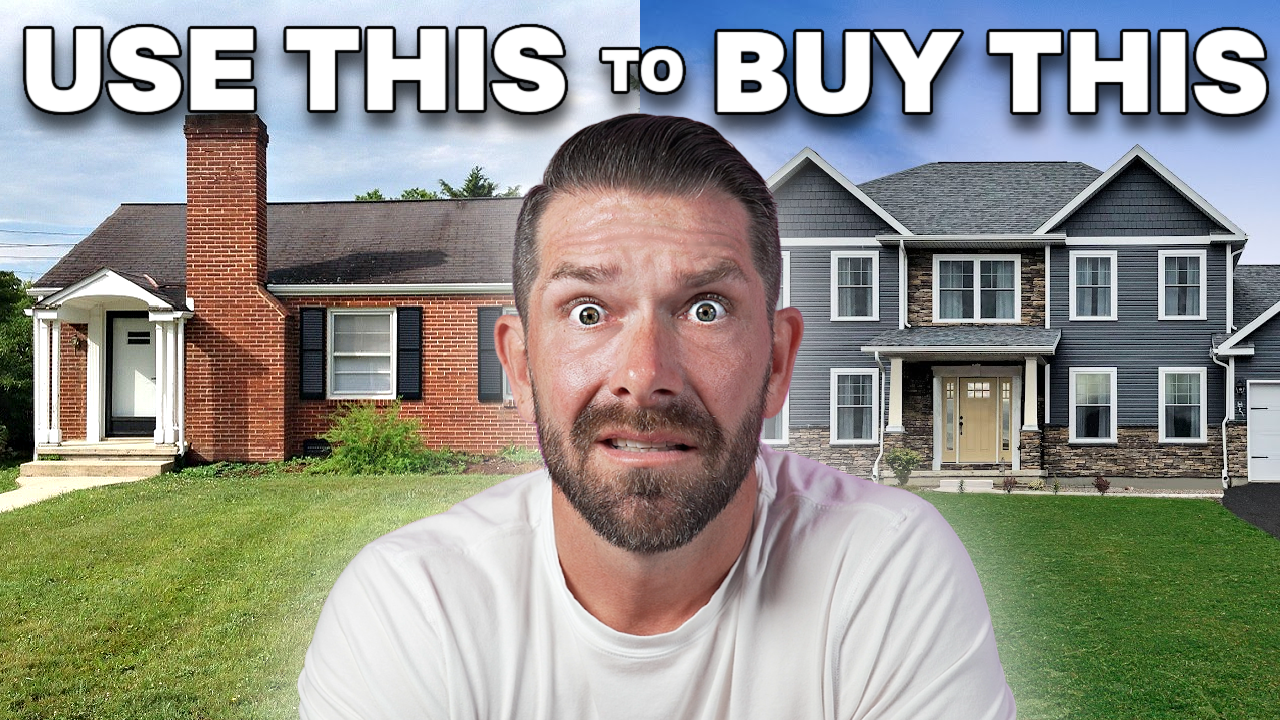NEVER Buy A Three Story House
Get The Latest OC Housing Report
NEVER Buy a Three-Story House: What Every Homebuyer Needs to Know
Thinking about buying a tri-level home? You might want to think twice. While these tall and skinny properties promise more square footage at a lower cost, they often come with long-term trade-offs that buyers regret later. In this comprehensive guide, we’re breaking down why you should never buy a three-story house, the hidden problems most people overlook, and what smart buyers should know before they sign on the dotted line.
If you're looking to buy smart and avoid costly mistakes, click here to get in touch with my team. We'll help you get pre-approved and connect you with one of our expert agents.
Why Are Three-Story Homes So Common?
In crowded metro areas like Southern California, land is limited. Builders are forced to maximize every square foot—and that means building up instead of out. Tri-level homes allow developers to fit more homes on smaller lots, offering more square footage on paper for a lower purchase price. But there's a catch: flow and functionality often suffer dramatically.
The Problem with Tri-Level Floor Plans
Let’s talk layout. These homes are typically built as tall, narrow rectangles, which leads to disjointed, compartmentalized living spaces spread across three levels. While 1,800 sq ft sounds great on paper, it can feel cramped and inefficient due to narrow hallways, awkward wall angles, and limited open living space.
Functionality Challenges:
- Garage and entry-level access typically on the ground floor—often with a single bedroom and bath.
- Main living area—kitchen, dining, and living room—on the second floor.
- Additional bedrooms on the top floor, which could mean multiple levels of stairs between family members.
Stairs Become a Real Problem Over Time
Young buyers might not worry about stairs now, but that tune often changes after a few years. Constantly climbing multiple levels becomes exhausting, inconvenient, and even dangerous for guests or aging relatives.
Think ahead:
- How will stairs impact daily routines?
- What about resale? Many baby boomers are specifically seeking single-level homes for this very reason.
Limited Outdoor Space
Tri-level properties are typically built on narrow lots, which means no yard or only a tiny patio. For pet owners, families with kids, or anyone who enjoys outdoor living, this is a major downside.
Things to Consider:
- Little to no space for a grill, garden, or outdoor furniture
- No yard for kids or dogs to run around
- Some HOAs restrict what you can even place on balconies or patios
Climate Control Issues
Managing the temperature across three levels can be a nightmare. Even with zoned HVAC systems, tri-level homes tend to have:
- Hot top floors during summer
- Freezing lower floors in winter
- High energy bills trying to balance it all out
Retrofitting for better efficiency can be expensive and complicated due to the vertical layout.
HOA Restrictions: Read the Fine Print
Many tri-level homes are part of planned unit developments with active HOAs. While HOAs can help keep neighborhoods clean and orderly, they also come with strict rules, high dues, and unexpected surprises.
Real-Life Example:
A client recently got hit with a violation after replacing flooring in their top-floor bedroom. Despite using the exact same builder-grade flooring and underlayment, the HOA demanded sound testing and approvals that delayed their home sale and cost them thousands in fees.
Lesson learned: Always read the CC&Rs and HOA minutes before purchasing.
Sound Transfer & Shared Walls
Many tri-level homes are townhome-style, meaning shared walls with neighbors. This increases the risk of sound complaints, especially if you replace carpet with hard surface flooring. You might need HOA approval to make even basic interior upgrades.
Tri-Level Homes Often Feel Smaller
Buyers walk in expecting spacious living due to the square footage, but because that space is spread vertically, rooms can feel small and disconnected. This can hurt resale value, especially when compared to a well-designed single-story home.
Resale Red Flags
From our experience selling these homes, here are common resale challenges:
- They sit longer on the market
- They often sell for less than nearby single-level homes
- Many buyers walk away after the first showing due to layout
Bottom line: Think resale even if you're planning to live there for 10+ years. A poor floor plan can dramatically reduce buyer demand.
Who Are Tri-Level Homes Good For?
While they aren’t a fit for everyone, there are buyers who can benefit from a tri-level:
- Young, fit individuals or couples who don’t mind the stairs
- People with no need for a yard or outdoor space
- Buyers prioritizing location/school district over layout
If that sounds like you, and you understand the trade-offs, a tri-level might still make sense—just approach with eyes wide open.
Final Thoughts: Be an Educated Homebuyer
Real estate is emotional. New homes are shiny, updated, and exciting. But always step back and ask yourself: does the floor plan serve your lifestyle? Will it still serve you in five years? Ten?
If you're unsure, don't guess. Get expert help.
Click here to get in touch with me and my team . Whether you’re just starting the mortgage process or ready to tour homes, we’ll guide you every step of the way.
Like this content? Subscribe to the YouTube channel for more insights and weekly videos that help you buy right, borrow smart, and build wealth through real estate.

